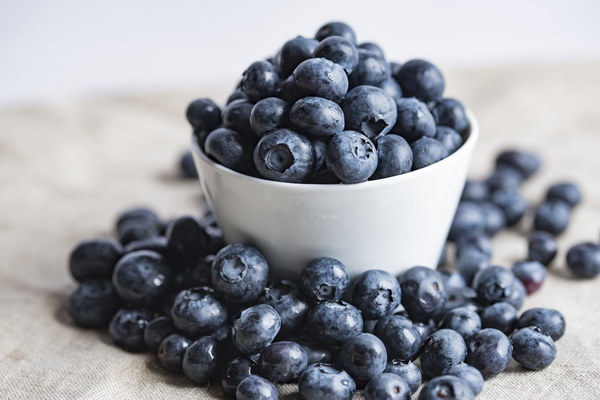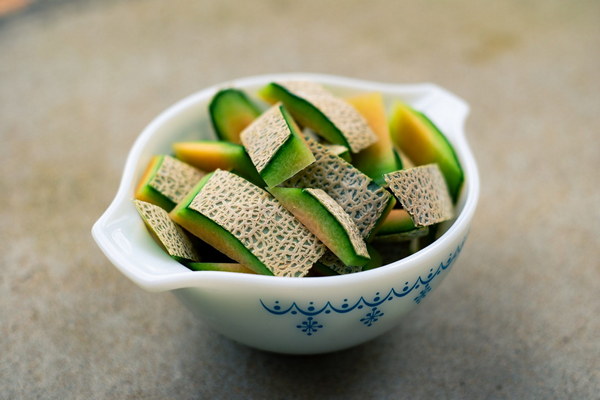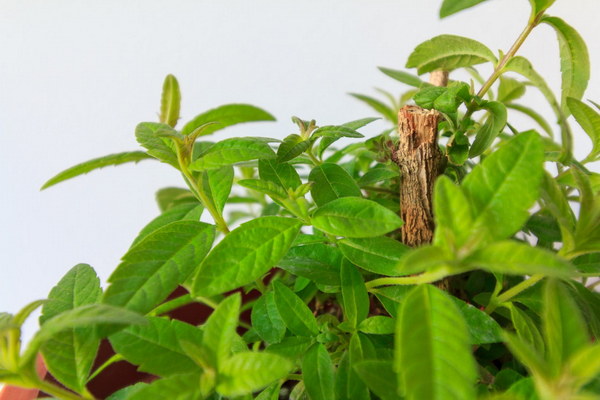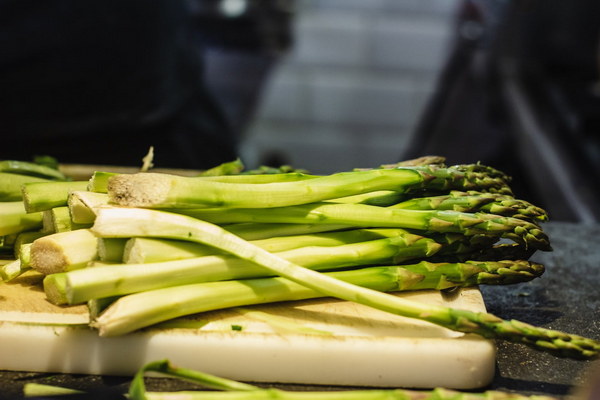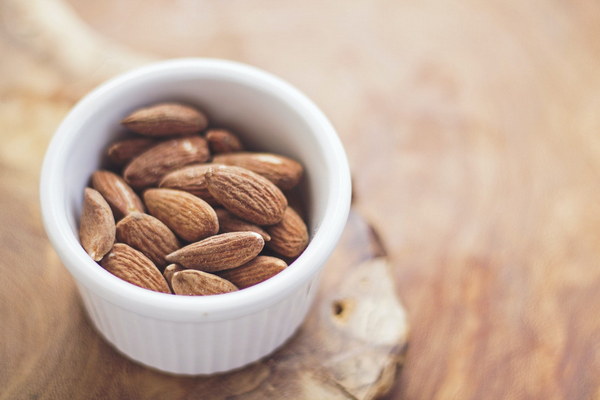Where to Seek Medication for Dampness Removal A Comprehensive Guide
In the pursuit of good health, many individuals seek remedies for various ailments, and one common concern is dampness. Dampness, also known as damp-heat in traditional Chinese medicine, refers to an imbalance in the body's internal environment, leading to symptoms such as fatigue, joint pain, and digestive issues. This article will provide a comprehensive guide on where to seek medication for dampness removal and how to choose the right treatment for your specific needs.
1. Traditional Chinese Medicine (TCM)
TCM has been practiced for thousands of years and offers a variety of herbal remedies for dampness. To seek medication for dampness removal, consider the following:
a. Acupuncture: Acupuncture involves inserting fine needles into specific points on the body to stimulate Qi (vital energy) and remove dampness. A licensed acupuncturist can provide this treatment, and you may experience relief from dampness-related symptoms.
b. Chinese herbal medicine: TCM practitioners may prescribe herbal formulas tailored to your individual constitution and the specific type of dampness you are experiencing. Some commonly used herbs for dampness include Astragalus, Poria, and Atractylodes. Consult with a TCM professional to determine the most suitable formula for you.
c. Cupping: Cupping therapy involves placing cups on the skin, creating suction that helps to remove toxins and improve circulation. Cupping can be effective in treating dampness-related symptoms and can be performed by a licensed TCM practitioner.
2. Western Medicine

While Western medicine may not directly address dampness as a concept, there are treatments for symptoms associated with dampness, such as joint pain, fatigue, and digestive issues. Here are some options:
a. Nonsteroidal anti-inflammatory drugs (NSAIDs): NSAIDs, such as ibuprofen or naproxen, can help reduce inflammation and alleviate joint pain caused by dampness.
b. Probiotics: Probiotics can help improve gut health and alleviate symptoms related to dampness, such as bloating and diarrhea. Consult with a healthcare provider to determine the appropriate probiotic supplement for you.
c. Antidepressants: Some individuals with dampness may experience symptoms of depression or anxiety. If this is the case, your healthcare provider may prescribe antidepressant medication to help manage these symptoms.
3. Home Remedies and Lifestyle Changes
In addition to seeking medication, you can take steps to alleviate dampness naturally:
a. Diet: Avoiding damp-inducing foods, such as dairy, sugar, and processed foods, can help reduce dampness. Instead, focus on a balanced diet rich in fruits, vegetables, whole grains, and lean proteins.
b. Exercise: Regular physical activity can improve circulation and help remove dampness from the body. Try activities such as walking, jogging, or yoga.
c. Sleep: Ensuring adequate sleep can help regulate your body's internal environment and reduce symptoms of dampness.
In conclusion, to seek medication for dampness removal, consider exploring both traditional and Western medicine options. TCM can provide herbal remedies, acupuncture, and cupping therapy, while Western medicine offers treatments for specific symptoms. Additionally, adopting a healthy lifestyle can help alleviate dampness and improve overall well-being. Consult with healthcare professionals to determine the best approach for your individual needs.
